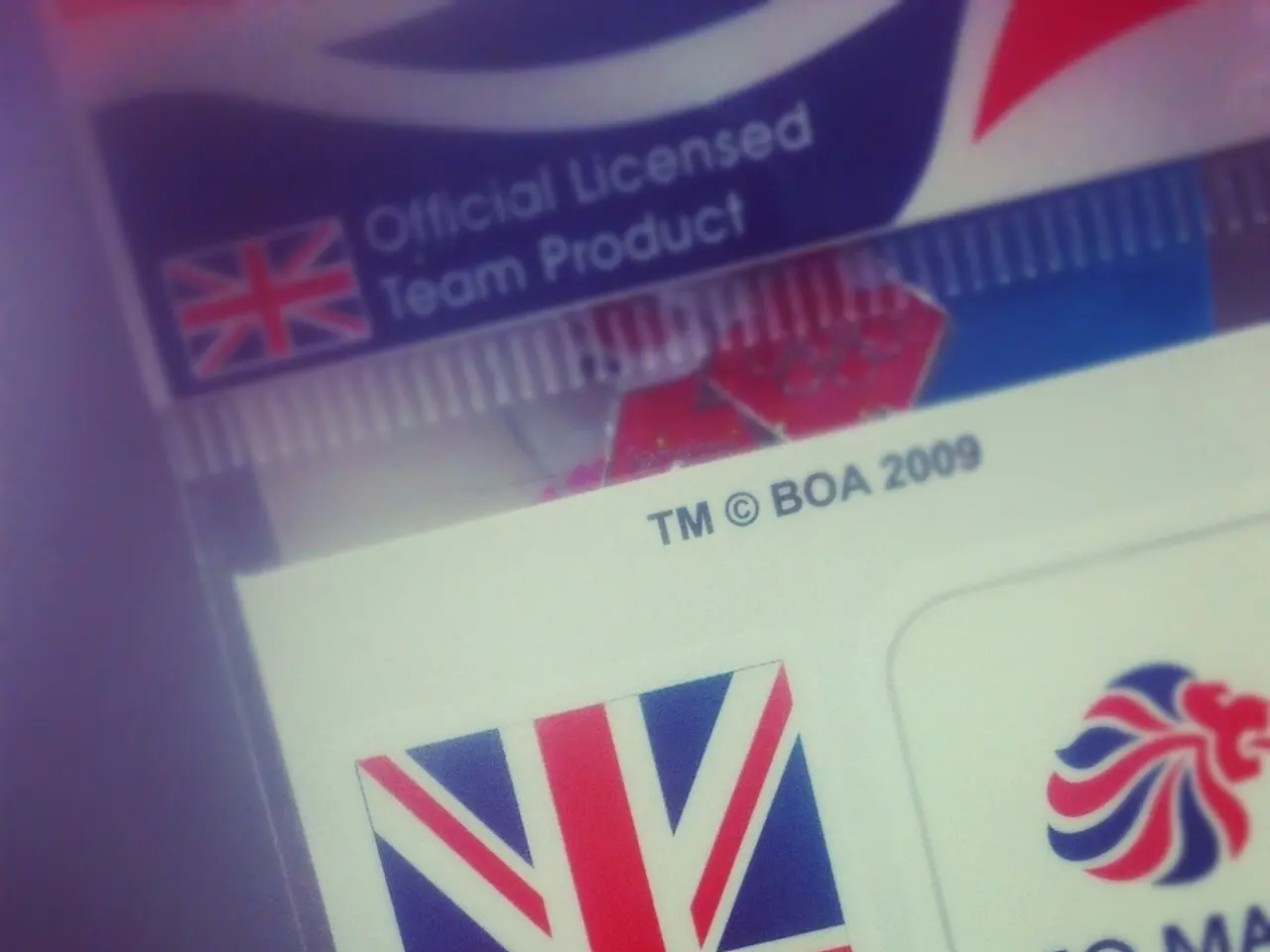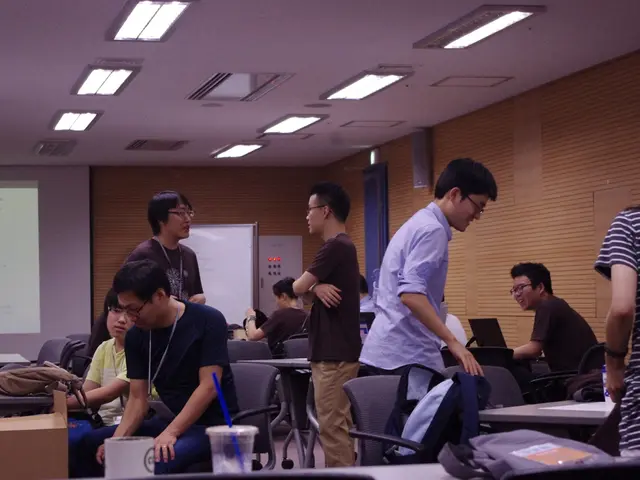CPSC Braces for Major Shift as 'De Minimis' Exemption for Chinese Goods Ends
The Consumer Product Safety Commission (CPSC) anticipates significant changes in its operations due to the impending end of the 'de minimis' exemption for Chinese goods. Acting Chairman Peter Feldman has outlined how this shift, set to fully take effect by August 29, 2025, will impact the agency's ability to protect American families from unsafe imports.
Currently, imports from China enjoy 'exempt' status from certain tariffs and duties. However, with the exemption set to end on May 2, 2025, all imports will be subject to regular tariffs and additional duties. Feldman believes this change will provide CPSC with more data to efficiently target high-risk shipments and clear low-risk ones, potentially increasing the number of items inspected daily from 30,000 to 1 million.
Feldman noted the agency's limited success in working with online marketplaces for recalls due to outdated authority. With the 'de minimis' exemption ending, CPSC aims to better protect consumers from unsafe products, as it's sometimes impossible to sue Chinese companies violating safety regulations. Feldman mentioned that retailers are concerned about hefty fines for selling recalled products, but CPSC's approach involves determining fines or voluntary compliance agreements.
CPSC's new 'e-file' requirement for compliance certificates should speed up the entry process for imported products. Feldman acknowledged potential 'throughput challenges' but expressed confidence that CPSC can adjust to the increased volume of inspections.
The end of the 'de minimis' exemption for Chinese goods, coupled with CPSC's new 'e-file' requirement, will significantly impact the agency's operations. Acting Chairman Peter Feldman believes these changes will enhance CPSC's ability to protect American families from unsafe imports, despite potential challenges in adjusting to increased inspections and working with Chinese companies.





